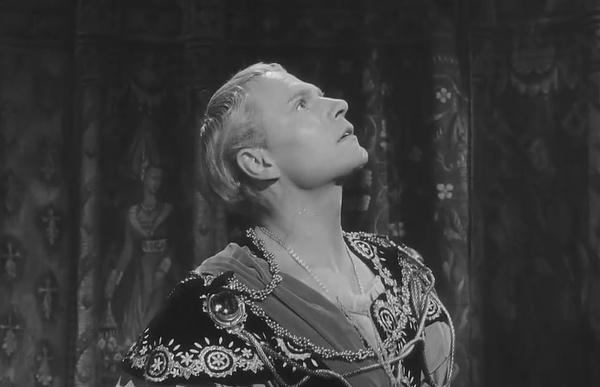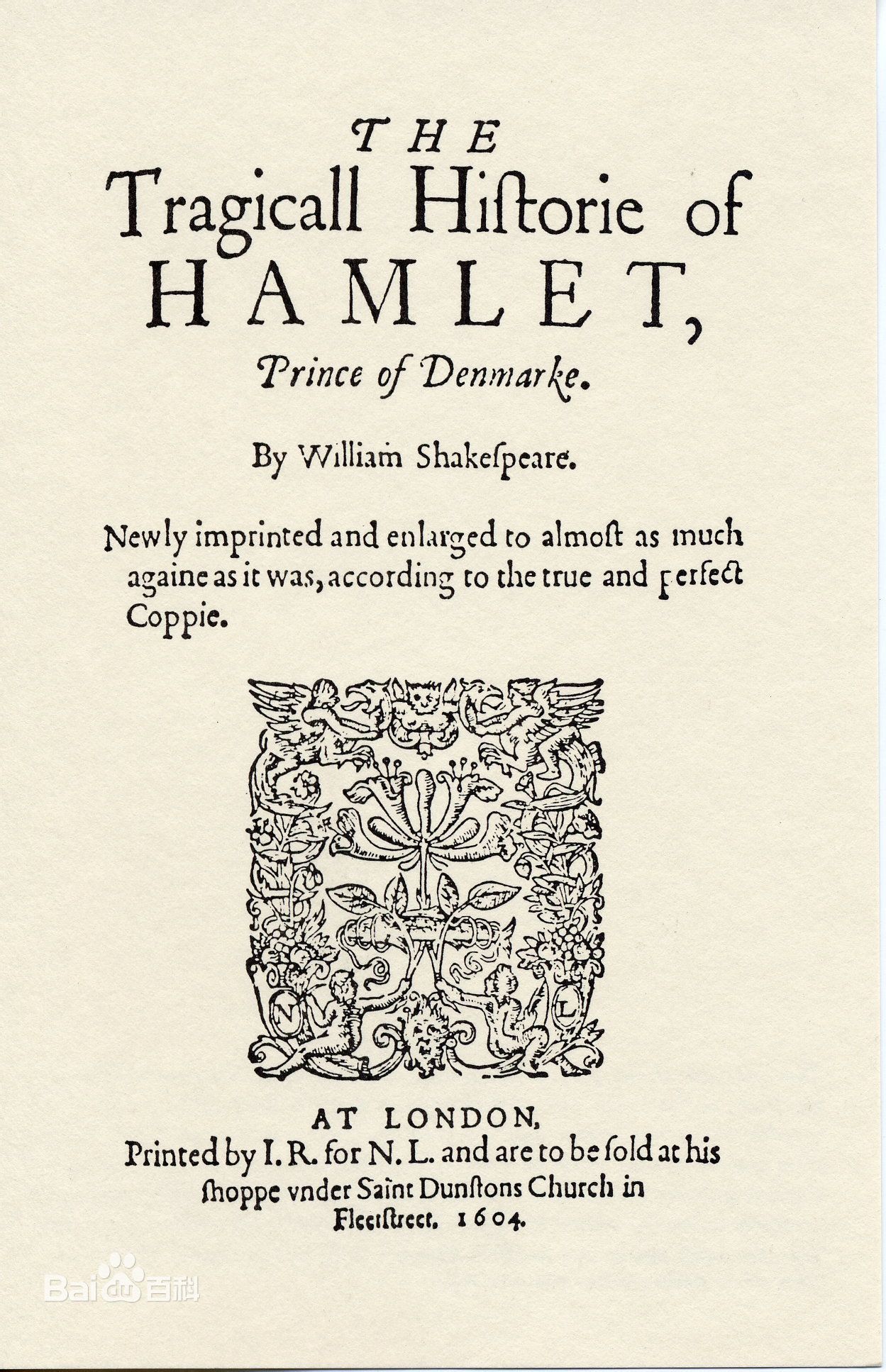See Real Selves through Disadvantages
--True Human Natures in Hamlet’s Hesitation
“To be, or not to be: that is the question”. Maybe it is the first sentence hitting your mind when we talk about Hamlet—that legendary prince by Shakespeare. It has become a household name for many reasons, and there’s one reason we cannot deny that is miscellaneous opinions from wide readership. From his birth,some people thought this made his nobility while others point out it was the source of his lacking thymos; from his complex characters, some people thought he was both as innocent as kids and as calculated and criminal as a fox; from his story, there was a conclusion said that he was a giant of thought but a dwarf of action. “There is nothing either good or bad but thinking makes it so.” Shakespeare said this. No matter how various the views it is no doubt that his strongest personality was hesitation or procrastination which was his fatal drop and mainly led his destruction. However, we can see sparkles from this disadvantage if we change another way to think. Flaws are not always that bad after all. They can be the evidence of our real selves as human beings. This essay will show you my humble opinion: true human natures in Hamlet’s always-being-blamed hesitation.
“To be, or not to be: that is the question,
Whether 'tis nobler in the mind to suffer
The slings and arrows of outrageous fortune,
Or to take arms against a sea of troubles,
And by opposing end them. ”
As one of the classical beginning, this “a philosophical exploration of life and death” actually made a lot of people feel anxious about his revenge. It seemed that he should act like those old warriors or heroes who left their lives behind only for justice in minds. However, he didn’t. On the surface, he was just so melancholy to act like a real man. Indeed, his well education made him out of this “mediator” kind. Anyway, even if he wasn’t so cultivated, shouldn’t it be true human natures to do this questioning and contemplative soliloquy? At least I think so. I even doubt whether there’s a person has no hesitation before this “revenge” or “suicide” problem. So Hamlet’s burden in his mind was just natural and from which the character became a person of flesh and blood with life and breath.
Then, besides the continuation of “sleep” thing in the middle part of this soliloquy, there were other aspects.
“The oppressor's wrong, the proud man's contumely,
The pangs of despised love, the law's delay,
The insolence of office, and the spurns
That patient merit of the unworthy takes,”
He considered that it would be better to “commit suicide”, but being scared of what might happen to him in the afterlife. However, during this consideration, Hamlet not only participated in his life, but also astutely observed society as well. He condemned the hypocrisy and treachery and general corruption of the world. He saw civilian’s sufferings and recognized the decay of the Danish society. This is what we are, we will not only think about ourselves even though there were huge difficulties ahead of us. Maybe Hamlet could just think what would happen to himself if took action to revenge, but he thought about the common people in Denmark as well. For us, if there is just a dead end but no more choice for us, family or friendship will certainly occur to us but not only our own safety. In other words, selfishness lies in everyone’s body, but absolute selfish person doesn’t exist. When we are hesitative because of ourselves as well as others, this procrastination shouldn’t be our shame but the real selves in our hearts.
Actually, Hamlet didn’t unrecognized his “indecisive character”, the end of this soliloquy seemed like self – mockery.
“Thus conscience does make cowards of us all,
And thus the native hue of resolution
Is sicklied o'er with the pale cast of thought,
And enterprises of great pitch and moment
With this regard their currents turn awry
And lose the name of action.”
If he could actually realize his flaws and keenly critiqued himself, how couldn’t he throw this “pale and sickly color” away? Please allow me to call this situation as “half-objective” attitude. I mean that he might try to be objective when faced his disadvantages and try to correct it from bottom of heart. However, this objective attitude was only half: there were other blocks hindered him from correction. In our daily life, there are lots of conditions full of this “half-objective” attitude. We may see the point of problems in others’ romance crisis and sometimes even could provide some solutions. However, for our own relationship, we might be unable to handle those situations even if we have already seen them clearly. As you can see, these are real images of us. Sometimes “have known” didn’t equal to “can do”. This hesitation caused by this point is true human natures of us.
Flaws are not good of course, but they’re not that bad. They just give us the reflection of our real aspects. Due to people’s blame to this “bad” character all the time, we even have ignored it actually is a mirror for all of us. For these characters in books, we are their shadows and they are our hearts. Most of the time, we criticize those shortcomings is just because that we also have those flaws and we don’t want to face it but only show attitude like “be sympathetic with his sufferings and be infuriated at his indifference” to our shadow selves. This reminds of “Vampire Diary”, a TV series. Elena was a human doppelganger of vampire Katherine. Compared with decisive Katherine, Elena was much indecisive. Among audiences, there are much more people like Katherine and dislike to see Elena who was always full of worries about everything. Maybe we should see that Elena was a human being with those hateful true human natures. It goes the same with Hamlet. Hesitation is real in front of sufferings and choosing. That is, sometimes we can choose to see true human natures rather than dark side in of Hamlet’s hesitation. Then we will see he was not only an invisible character in books which had some unbearable faults, but rather a portrait of us all.








Comment